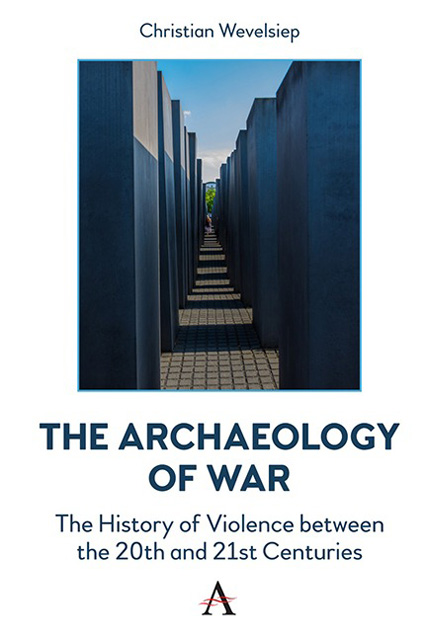Chapter Five - Disastrous Violence: Ideologies
Published online by Cambridge University Press: 17 October 2023
Summary
As is well known, there is ‘no language’ for violence in the age of extremes. This statement means: this violence can be explained and described, its course and the conditions of its emergence can be ‘deciphered’, but despite everything it eludes classification in the historical horizon. The extent of the destruction and suffering is known, perhaps even quantifiable, but at the same time incomprehensible. Recognisable devastation is overshadowed by a doubt: whether the disastrous violence, which found its incalculable form in fascism, did not destroy the possibilities of seeing others. Philosophy saw itself overwhelmed, as it were, by factual history; it first had to ‘find’ a language again in order to be able to counter the destruction of human conditions.
Admittedly, in what framework was this language to exist when the experience of violence suffered had proved so fundamental that everything was thrown into doubt? To understand the violence of a self-destructive Europe, one needed a new beginning in thinking. T. W. Adorno, Hannah Arendt, Karl Jaspers, but also M. Merleau-Ponty, Emmanuel Levinas, Alain Finkielkraut and Maurice Blanchot translated the experience of the final unsecuring of human orders into their philosophical thoughts.
The experience of abandonment led them (as well as contemporary social theory) to a fundamental revision of the human form of life. In this form of life, the ideas that have been handed down no longer apply: that one is together in the world under the stars, that there is a lawfulness within us that makes morality and reason possible, that there are connections and meanings among people. These possibilities, he argues, were fundamentally knocked out of hand by the radical enmity that has since been headlined Auschwitz (Liebsch, 2018, p. 134). So how this violence and human forms of life would be thought together is in question. It is the question of the face of history.
A contradictoriness is decisive for this face. The disastrous violence seems to have taken place in its extreme form outside any human world, human language, human understanding. It destroyed the self-understanding with which one could view oneself and others, with which one could live together with others and found a political world. Loss had a metaphysical connotation, as it were: it appeared as a form of encroaching violence whose origin had to remain unclear.
- Type
- Chapter
- Information
- The Archaeology of WarThe History of Violence between the 20th and 21st Centuries, pp. 63 - 80Publisher: Anthem PressPrint publication year: 2023



